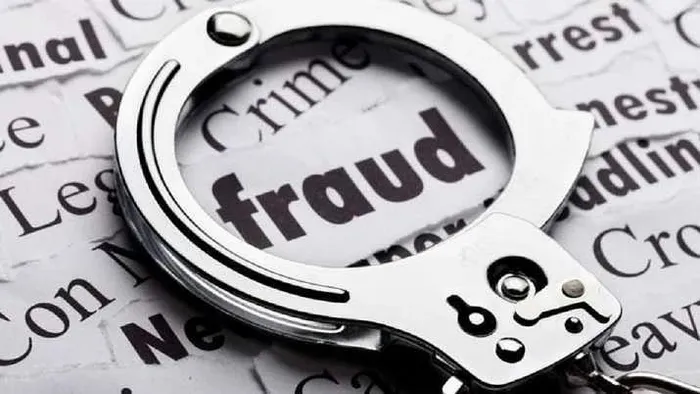Point of view: how to spot and combat fraud

Explore the alarming rise of SAPS impersonation scams in South Africa, as we delve into the tactics used by fraudsters and the psychological toll on victims.
Image: Pixabay / File
In recent years, South Africa has unfortunately earned a reputation as a fertile ground for fraudsters, transforming the country into a global hotspot for scams so elaborate they could fool even the sharpest among us. As a journalist and editor, I often hear of new scams making the rounds, but nothing quite compares to the chilling accounts of the SAPS impersonation scam—a scheme so terrifyingly convincing that it leaves its victims reeling in despair.
Having personally experienced the unnerving rise in fraudulent activity, I can attest to the psychological toll scams like these take. A few months ago, I received an email claiming to be from my bank. The message was perfect in its mimicry—logos, language, and even sender details seemed legitimate. While I managed to avoid falling victim, I couldn’t shake the feeling that with one lapse in judgment, I could’ve been another statistic in South Africa’s fraud epidemic.
This brings me to the Southern African Fraud Prevention Service (SAFPS) and their recent warning about scammers posing as members of the South African Police Service (SAPS). These fraudsters have perfected their game, exploiting trust and fear to deceive innocent individuals into divulging sensitive personal and financial information—or worse, into transferring money to fake accounts.
Imagine receiving a call from someone claiming to be a police officer investigating suspicious activity linked to your identity. Your ID, passport, or bank account allegedly flagged for transactions involving human trafficking or drug dealing. What follows is a whirlwind of intimidation: threats of arrest, phony legal documents featuring government logos, and even WhatsApp video calls where scammers pose as specialists to manipulate you further.
SAFPS’s Nazia Karrim describes the unnerving tactics these fraudsters employ: “Victims are often transferred to a second or third superior, reinforcing the illusion of a coordinated investigation. These fake officers speak in intimidating tones, instilling fear while pretending to guide the victim in proving their innocence.”
I’m struck by the audacity of these criminals, who even go so far as to register their numbers on caller ID services under plausible police station names, giving their calls an air of legitimacy. The sheer creativity—and cruelty—behind these scams is both horrifying and impressive.
Some victims have been coerced into installing malware-ridden apps disguised as SAPS tools, allowing scammers to remotely access their data and even biometrically authenticate financial transactions on their behalf. The psychological manipulation is so extreme that victims often remain on calls for hours, stripped of their sense of control and safety.
I can’t imagine enduring such an ordeal, but the stories shared by SAFPS paint a clear picture of the emotional and financial devastation these scams leave in their wake.
Karrim’s advice to the public is crucial:
- SAPS investigations are never conducted via WhatsApp or video calls.
- You have the right to verify an officer’s identification—contact your nearest police station directly.
- No police officer will ever ask you to transfer funds or share banking information during a call or through a chat app.
The SAFPS urges us to remain vigilant, to hang up on calls that feel off and to report suspicious activity immediately. The Yima Hotline (083 123 SCAM) and the Yima website offer vital resources for fraud prevention.
To combat the growing threat of scams, SAFPS has launched Yima—a fraud prevention toolbox aimed at empowering South Africans. Through Yima, users can report scams, scan websites for vulnerabilities, and access vital educational resources to identify and avoid fraud. As Karrim explains, “Protective Registration and Fraud Victim Registration are two key products offered by SAFPS at no cost, providing victims with much-needed support.”
As I reflect on my own brushes with fraudulent schemes, I’m reminded of the importance of vigilance in today’s tech-driven world. It’s up to each of us to protect ourselves and our loved ones from falling prey to scams, while organisations like SAFPS work tirelessly to make South Africa safer for all.
* Maleke is the editor of Personal Finance.
PERSONAL FINANCE